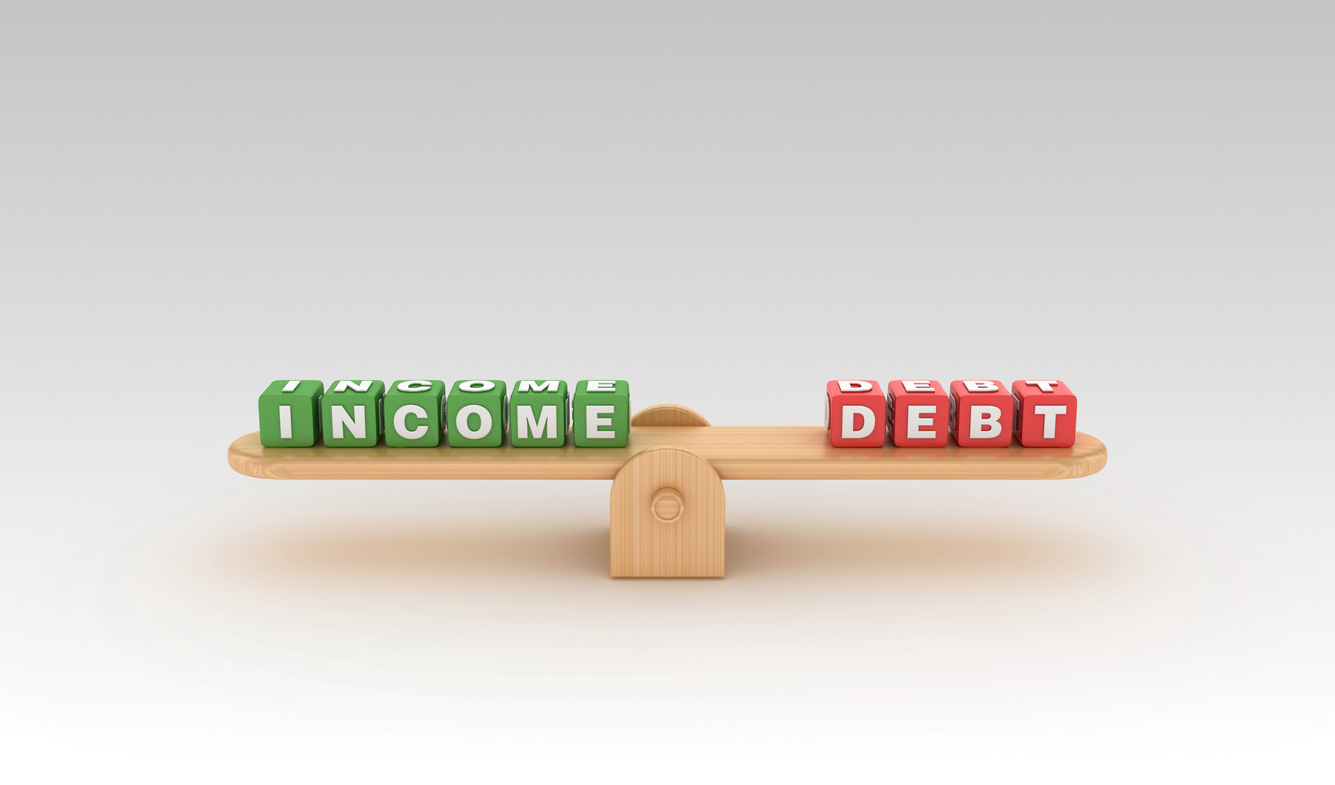
Key takeaways
-
Unsecured debt, like debt from credits cards and utility bills, is a loan structure where the lender does not take a property interest in the borrower’s assets.
-
Unsecured debt usually involves higher interest rates, and lenders are often reluctant to extend unsecured credit to borrowers unless they have strong credit scores.
-
Secured debt is debt backed (secured) by collateral, to help lenders reduce the risk of lending.
Understand the Differences Between Unsecured Versus Secured Debt
Figures from 2021 show that overall consumer debt in the United States had a historic increase of nearly $1 trillion, due in large part to larger mortgages and auto loans. After the first quarter of 2022, the total estimated debt stands at $15.84 trillion.
Knowing how to manage debt is essential for having healthy finances. Borrowers can benefit from understanding the differences between unsecured versus secured debt when it comes to making important financial decisions. Here, you’ll learn those distinctions and become a more informed consumer.
The basics of unsecured debt
Unsecured debt refers to a type of debt in which the lender does not have any specific or prioritized recourse through a debtor’s property. In other words, it’s any debt that is not tied to an asset. Perhaps the most common example of unsecured debt is a credit card, but other examples could include:
-
Retail store card debt
-
Some forms of private student loan debt
-
Medical debt (amounts owed directly to medical providers)
-
Debt from utility, Internet and phone bills
-
Personal loan debt
-
Student loan debt
-
Debt from utility bills
-
Tax debt (overdue taxes owed to the IRS)
For lenders, unsecured debts carry some risk because there is no underlying asset connected to the loan that the lender could collect and liquidate in the event of a default. As a result, creditors are reluctant to extend unsecured credit to borrowers unless they meet certain criteria – such as good credit scores and/or strong income-to-debt ratios. When creditors do extend unsecured credit to borrowers, it usually comes with high interest rates or short maturity dates.
How do lenders collect an unsecured debt from borrowers after a default?
The recovery options for a lender seeking to collect an unsecured debt from a borrower usually involve initiating debt collection proceedings (i.e., filing a lawsuit or using other available legal procedures). However, this process can be difficult for lenders, because they must first obtain a legal judgment confirming their right to collect. Afterward, the lender will also have the issue of recovering an award through collection methods, such as wage garnishment or seizing of other assets.
The basics of secured debt
A secured debt, in contrast, refers to a lending practice where the creditor takes what is known as a security interest in a borrower’s property at the time of entering into the loan agreement. In other words, it is a debt secured by a tangible asset. Examples include:
-
Vehicle loan debt
-
Mortgages, home equity loans, home equity lines of credit
-
Some debt incurred as a result of a lawsuit
The security interest provides reassurance to the lender of recourse should the borrower default. Instead of having to pursue collection proceedings in court, the lender can recover owed amounts through the possession and sale of the property. When the loan is for a house (a mortgage), this is known as foreclosure.

In addition to the loan agreement, the terms of a secured debt arrangement will usually involve the execution of a security interest agreement (sometimes rolled into the loan agreement) and the filing of a financing statement. The financing statement is a record submitted to the Secretary of State, and puts other existing and future creditors about the lender’s rights to the borrower’s assets.

What is collateral?
Collateral is a term that describes the underlying asset that is the subject of the lender’s security interest in secured debt. Almost any asset of value can serve as collateral in a secured loan. The preferred assets that a lender will want to use as collateral will generally depend on the nature of the loan. In some cases, it can include more than one asset based on the overall value of the loan.
Common examples of collateral may include:
-
Real estate
-
Automobiles
-
Investment accounts
-
Business interests, or interests in a business’s accounts receivable or other revenue
-
Intellectual property
-
Collectibles
-
Commodities
-
Other personal property
What is a perfected security interest, and how does it affect priority?
A perfected security interest is one where the lender has sufficiently met requirements under applicable state law (e.g., the Uniform Commercial Code) to establish their rights over the debtor’s property. Perfection usually happens once the creditor has properly filed a financing statement that reflects key information such as:
-
Proper identification of the lender and borrower
-
A description of the collateral
Once perfected, the lender has priority over other creditors of the borrower with respect to the specific property used as collateral. In other words, a creditor will have superior rights to the property if another creditor were to attempt foreclosing on it because the debtor defaulted on a different loan. Usually, this equates to the creditor being paid first from the proceeds of a foreclosure sale involving the collateral.
An example of priority over a security interest could be a home that has a home equity loan or home equity line of credit. Generally, the lender used for the primary mortgage will have priority over the lender for the equity loan in the event the borrower defaults and triggers a foreclosure.
What is a purchase money security interest (PMSI)?
A PMSI is a special type of secured debt arrangement where the seller of an item finances the purchase of an item for the buyer, who then becomes a debtor to the seller. The seller takes a security interest in the purchased item in case the buyer is unable to repay the borrowed amount. You’ve likely dealt with a PMSI if you have ever purchased a home or car, or entered into some other financing plan to buy something from a store (e.g., an appliance, electronic goods, etc.).
Is a guarantee the same as having a secured debt?
A guarantee is not the same as having a secured debt, although they are similar in that they both provide a lender with recourse options and assurances over a borrower’s default risk. A guarantee is when a third party (i.e., a guarantor) agrees to repay the debts of a borrower in the event of a default. In some cases, a lender may require both a security interest and a guarantee in riskier credit situations, such as with a small-business loan.
It’s easy to apply for a home equity agreement with Unlock Technologies
Understanding debt is an important tool for individuals looking to improve or regain control over their finances.
Homeowners who have equity in their homes, and want to pay off unsecured debt (like high-interest credit card debt) may consider the benefits of a home equity agreement (HEA). In a HEA, a homeowners sells a portion of the equity in their home to the HEA provider in exchange for cash now.
Because HEAs are not loans, homeowners are not taking on more debt. There are no monthly payments, interest rates or high credit score requirements. The income requirements are also more flexible than with debt-based products. With the proceeds of a HEA, homeowners can pay off high-interest debt or fund large life purchases.
Contact Unlock Technologies today to see options for using your home’s equity.
The blog articles published by Unlock Technologies are available for general informational purposes only. They are not legal or financial advice, and should not be used as a substitute for legal or financial advice from a licensed attorney, tax, or financial professional. Unlock does not endorse and is not responsible for any content, links, privacy policy, or security policy of any linked third-party websites.”


